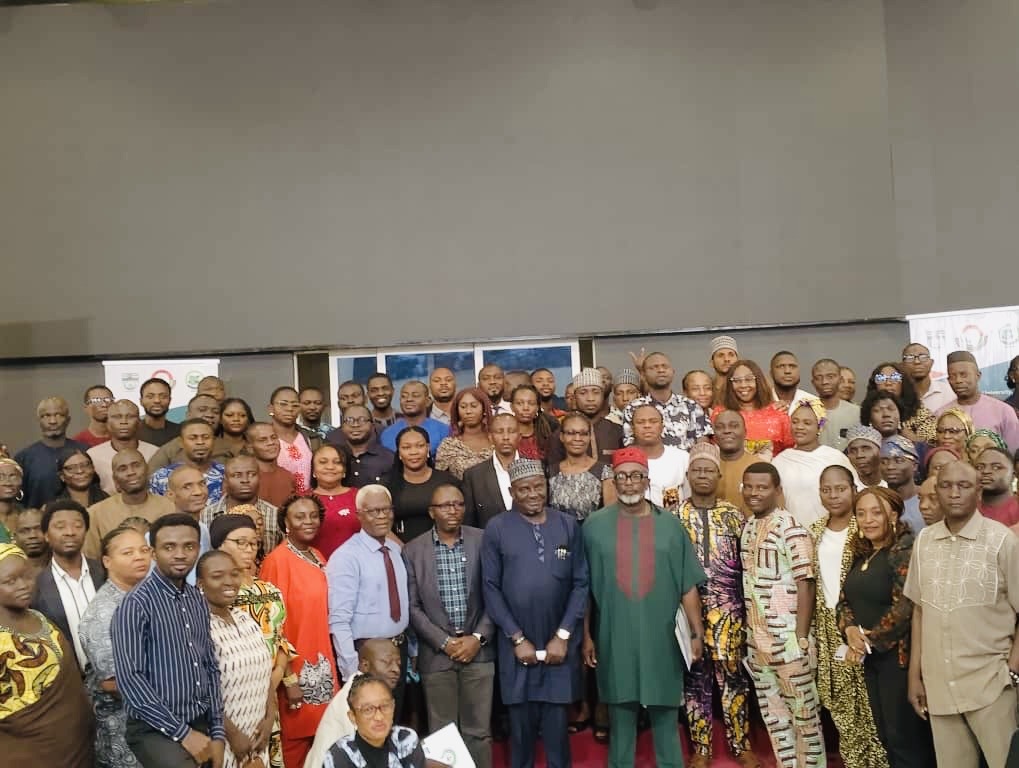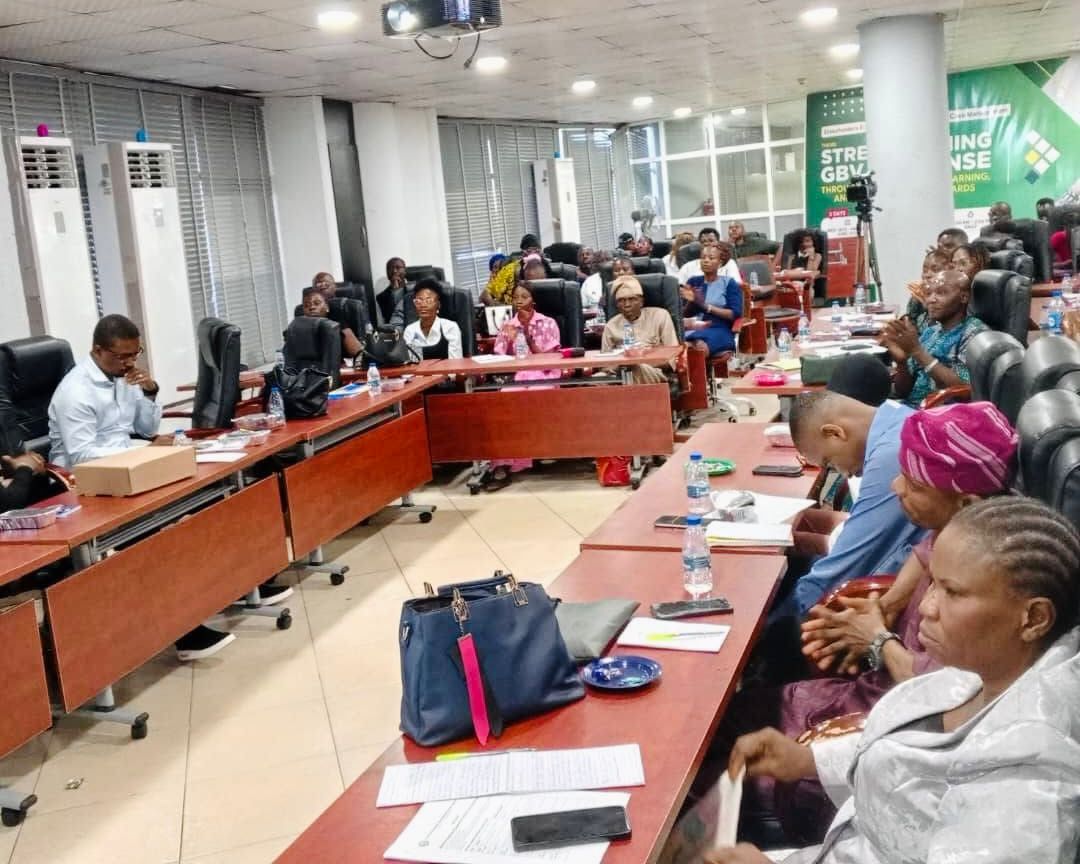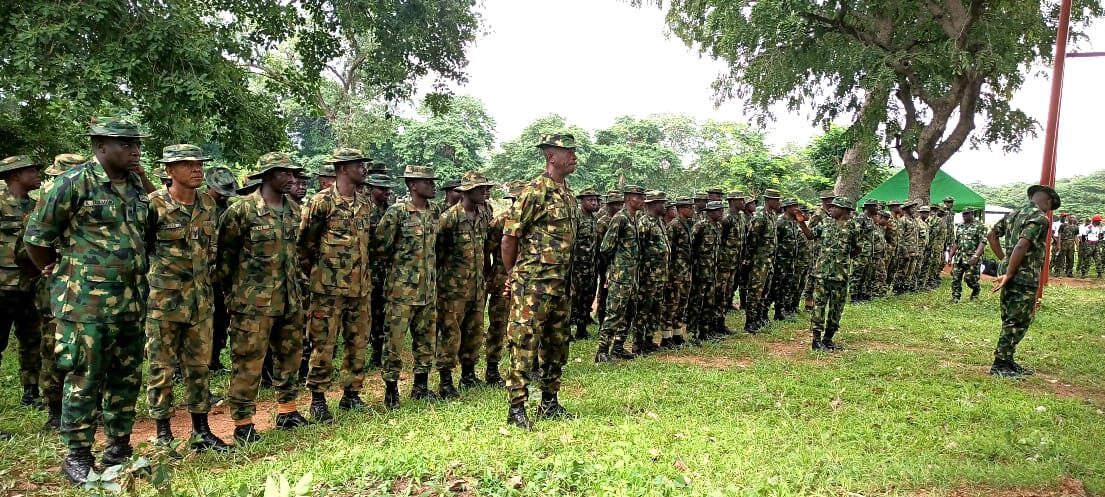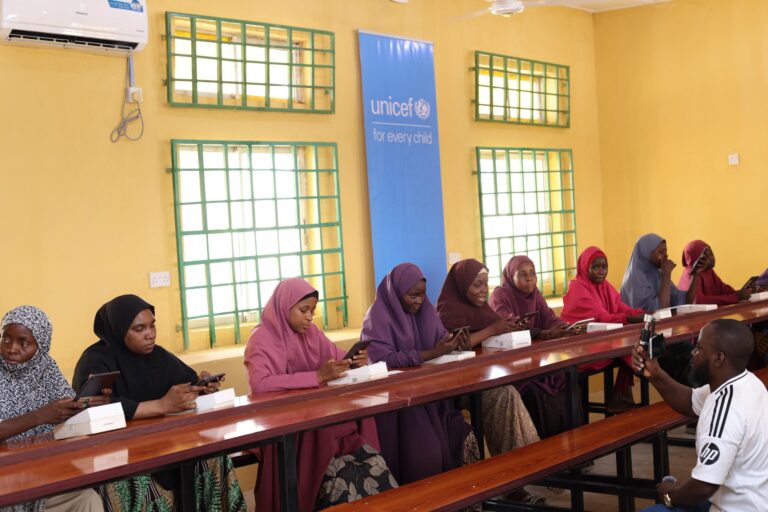FG trains workforce to strengthen social standards, tackle devt. gaps
By Justina Auta
The Federal Government has commenced the training of its workforce to implement and upgrade social standards across various sectors.
The initiative is aimed at addressing weak compliance with social safeguards and bridging gaps in inclusive, rights-based development.
Hajiya Imaan Sulaiman-Ibrahim, Minister of Women Affairs (FMoWA), said this on Wednesday in Abuja at the Social Standards Node training under the Sustainable Procurement, Environmental and Social Standards Enhancement (SPESSE) project.
The training, organised by the Federal Ministry of Women Affairs in collaboration with the Federal Ministry of Labour and Employment, and the Federal Ministry of Housing and Urban Development, is supported by the World Bank.
Sulaiman-Ibrahim, who was represented by Mr Benjamin Okwesa, SPESSE Project Coordinator in the ministry, said the initiative would promote sustainable development, improve working conditions, and enhance the overall quality of life for Nigerians.
According to her, the Social Standards Node of the SPESSE project will enable the ministry and its implementing partners to address issues affecting vulnerable and disadvantaged groups.
“This is mainly due to the growing incidences of Gender-Based Violence (GBV), communal clashes, displacement from ancestral homes, land acquisition issues, and poor labour and working conditions.
“All of which are among the social risks and impacts this project aims to tackle.
“These deficiencies have continued to negatively impact the development of affected communities, devastating individuals, families, and households, thereby affecting their overall physical, social, psychological, and economic well-being,” she added.
Reiterating the commitment of the involved ministries, the minister noted that the initiative would strengthen the capacities of staff and practitioners in the Procurement, Environment, and Social Standards (PES) sectors in Nigeria.
“The project is focused on developing academic and certification programmes to ensure that practitioners in the Social Development, Procurement, and Environment sectors, including graduates from the six established Centres of Excellence, meet global standards to improve service delivery,” she said.
She explained that the training, being conducted by the Federal University of Agriculture, Makurdi (FUAM), would provide participants with knowledge of short executive courses (Track A) and the World Bank’s Environmental and Social Framework (ESF).
“Ultimately, the training will qualify participants for certification as Social Standards Professionals.”
She urged participants to take full advantage of the initiative to contribute to national development and address pressing social challenges.
Also speaking, Dr Joshua Attah, SPESSE Project Coordinator, represented by Mr Peter Tobrise, Project Management Officer at the National Universities Commission (NUC), emphasised the importance of the training in building workers’ capacity.
“This experience will broaden your horizon and enhance your ability to tackle real-world challenges in social safeguards.
“The success of this project depends largely on the commitment of participants here and beyond,” he said. (NAN)
Edited by Abiemwense Moru













